Sudan’s PM promises justice on anniversary of sit-in killings
- 2020-06-03 20:17:29


 Pierre Rayer: Art, Science, and Happiness: The Universal Mission of Transmission to Future Generations through Patronage at the Louvre Abu Dhabi
Pierre Rayer: Art, Science, and Happiness: The Universal Mission of Transmission to Future Generations through Patronage at the Louvre Abu Dhabi Ahly crowned Super champions after dramatic extra-time win over Modern Future FC
Ahly crowned Super champions after dramatic extra-time win over Modern Future FC Yemeni Honey..A Development Wealth Threatened By Conflict And Climate Change
Yemeni Honey..A Development Wealth Threatened By Conflict And Climate Change California wildfires: Millions warned of possible power cut
California wildfires: Millions warned of possible power cut Central African rebels launch attacks near capital
Central African rebels launch attacks near capital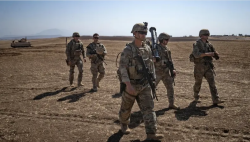 Two US soldiers, one interpreter killed in ISIS ambush in Syria
Two US soldiers, one interpreter killed in ISIS ambush in Syria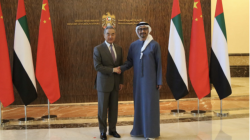 China to enhance strategic mutual trust, advance cooperation with UAE
China to enhance strategic mutual trust, advance cooperation with UAE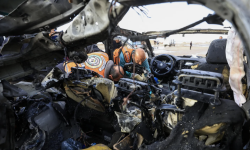 Israel targets senior Hamas official in deadly Gaza strike
Israel targets senior Hamas official in deadly Gaza strike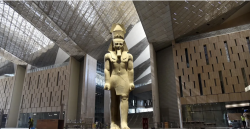 Authorities respond to reports of rainwater inside Grand Egyptian Museum
Authorities respond to reports of rainwater inside Grand Egyptian Museum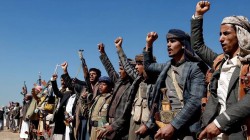 Yemen : ACJ Urges UN to Replace Houthi Representatives in Muscat Negotiations
Yemen : ACJ Urges UN to Replace Houthi Representatives in Muscat Negotiations
